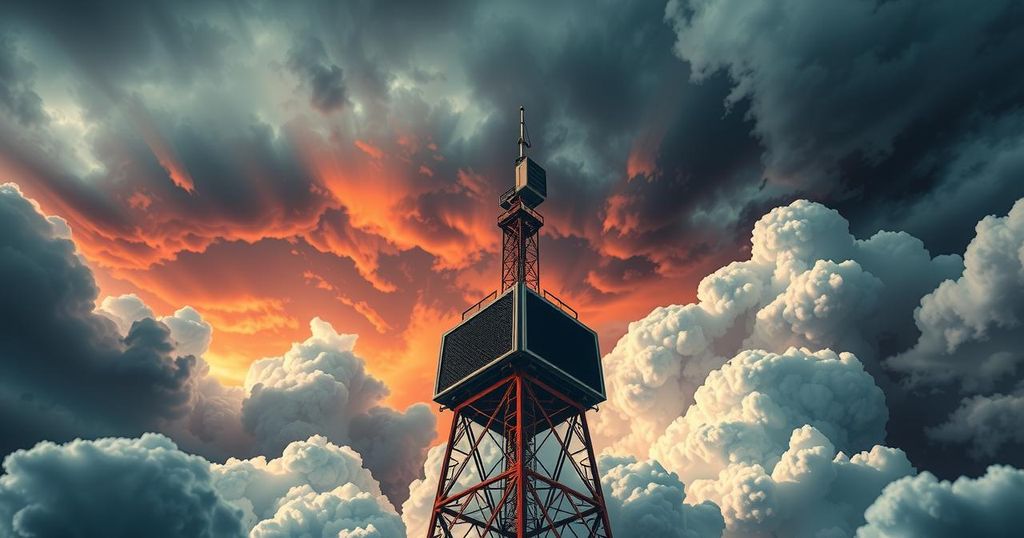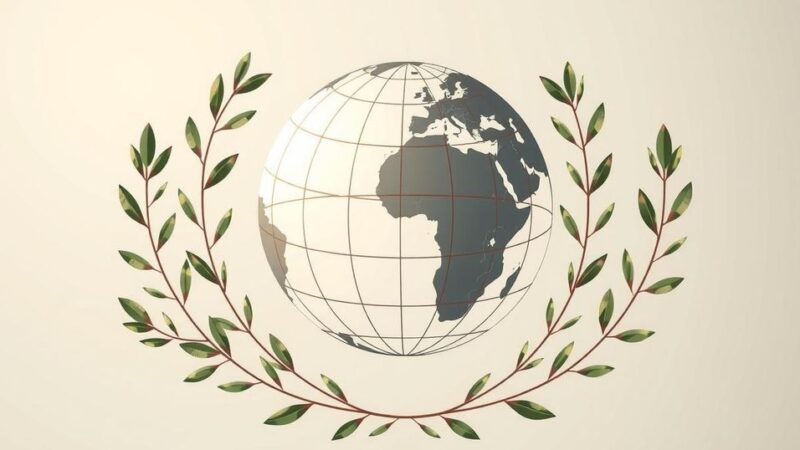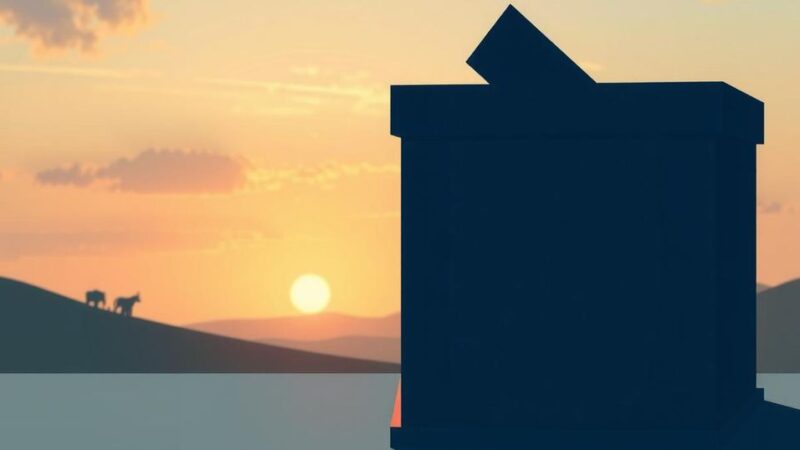Mali’s military regimes have escalated attacks on journalists amid ongoing coups. Mohamed Attaher Halidou from Joliba TV voices concerns about media suppression, presenting journalism as essential for democracy. Despite facing government intimidation and suspensions, Attaher and his colleagues continue to advocate for press freedom amidst rising risks to their safety and uncertainty regarding their future.
In Mali, as military juntas have seized power over the past four years, they have increasingly targeted journalists and advocates for democracy. The suspension of major French broadcasters in 2022 drew mixed reactions; many celebrated it as a stance against colonial influence, while others feared reprisals for voicing dissent. Mohamed Attaher Halidou, a local journalist, was among the few who publicly warned about the dangers of suppressing media freedom, stating, “The muzzling of the press is never a good thing for democracy.” He asserted that the press should serve to inform rather than align with any political faction.
Since the establishment of democracy in Mali during the early 1990s, the nation had experienced a strong and independent press. However, following coups in 2020 and during subsequent anti-French sentiment, the military government has increasingly threatened journalists, including Attaher. His station, Joliba TV, received warnings after airing an interview with a former minister accused of corruption, as the junta criticized Joliba for lacking impartiality.
Despite pressure from the military, Attaher defended his decision to air the interview, emphasizing the journalistic duty to inform and scrutinize those in power. The first warning served as an indication of the growing tensions between the military regime and independent media. When a second threat arrived, alleging that Joliba TV’s broadcasts contained defamatory content, Attaher sensed that the junta may target his station more aggressively.
Faced with threats and intimidation, Attaher limited his public movements and prepared for potential detention after writing a poignant editorial titled “Right to the Truth,” in which he articulated his journalistic principles. Tensions rose further when the authorities suspended Joliba TV for two months due to alleged ethical violations after Attaher’s hard-hitting critiques of the government. While the initial reaction to Joliba’s suspension spurred a wave of public support, the government eventually relented after a month of suspension, allowing the station to resume its broadcasts.
The struggle for media freedom in Mali continued as the junta once again retaliated against Joliba TV after a segment addressing issues in Burkina Faso’s military government. Following public outcry and solidarity from other media outlets, the suspension was imposed once more, indicating the tensions faced by journalists under a repressive regime. Attaher, disillusioned with the situation, contemplated the possibility of leaving Mali as uncertainty loomed over the future of independent media in the region. This situation reflects the broader turmoil in the Sahel, where the stakes are high, and the implications extend beyond national borders.
In Mali, the increasing oppression of journalists by military juntas highlights the precarious state of media freedom. Mohamed Attaher Halidou’s experiences with Joliba TV underscore the importance of independent journalism, even amid threats and dangers. The fluctuating responses from the government illustrate that public sentiment can influence the regime’s actions, yet the future of non-state media remains uncertain in the face of ongoing political turmoil.
Original Source: www.washingtonpost.com






